Tag: privacy


The elite v. the people: Nigeria’s “cashless experiment”
December 14, 2023 | Post
A cashless society: the International Monetary Fund (IMF) calls it the future of money. The World Economic Forum (WEF) was enthusiastic about the concept way before it was cool. In the United States, the usual suspects such as the Brookings Institute and the New York Times ask our leaders to have the boldness and courage to follow this new path.

If you care about liberty, beware of CBDCs
December 11, 2023 | Post
In recent years, the concept of Central Bank Digital Currencies (CBDCs) has gained increasing traction across the globe, with proponents lauding the potential benefits of a digitized monetary system.
However, when we explore the real-life implications of CBDCs, it becomes increasingly clear that the rush toward digital currencies controlled by central banks poses a significant threat to individual liberty.
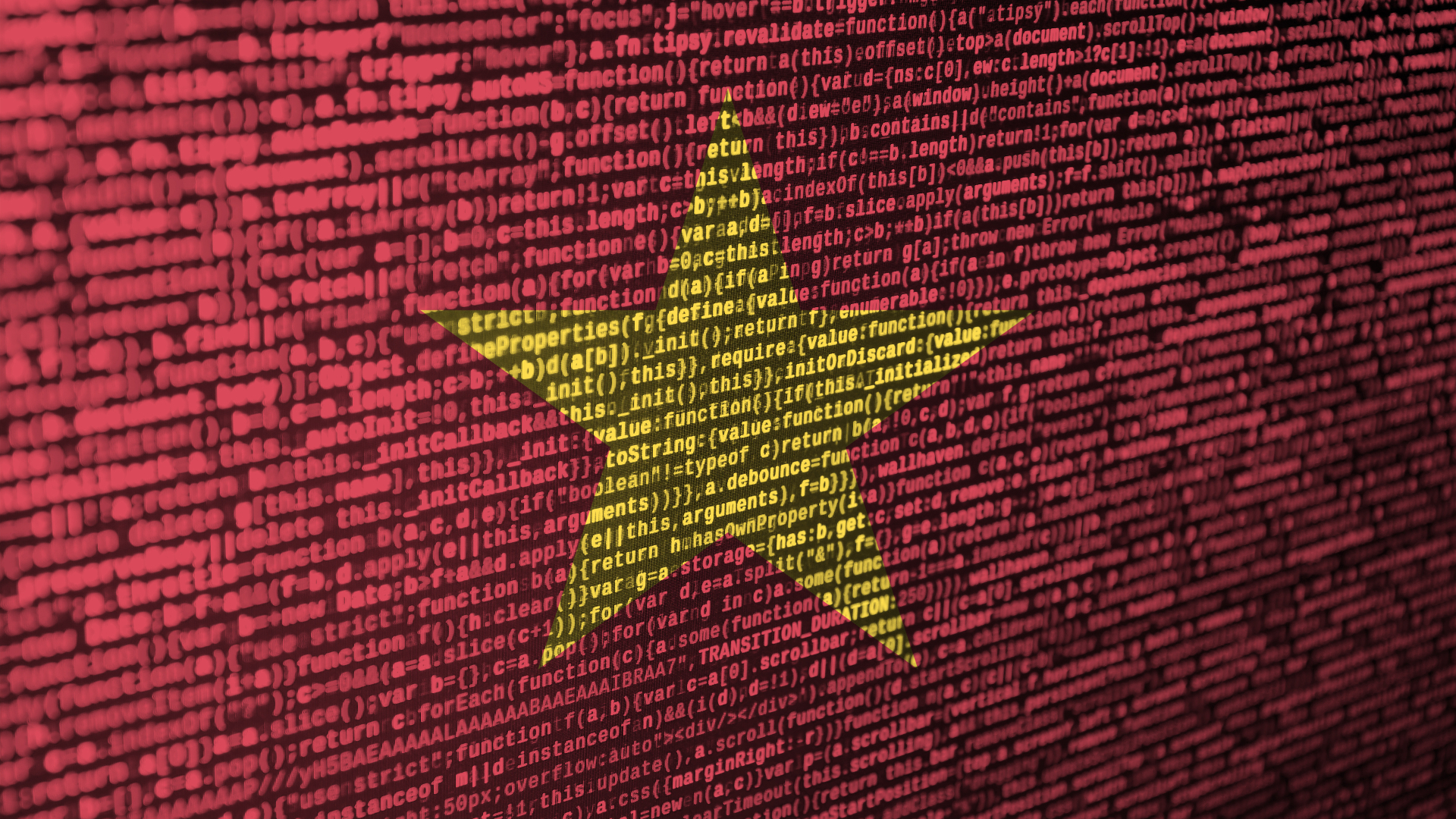
An assault on anonymity: the consequences of Vietnam’s new social media policy
June 2, 2023 | Post
In Vietnam, a new regulation will take effect by January 2024 requiring all social media users to verify their identities in order to use online platforms. This move is a blatant violation of the right to free expression and privacy.

How financial surveillance and inflation are used to rob Americans
December 22, 2022 | Post
While inflation continues to severely impact the financial security of Americans, the IRS has warned business owners that they are legally obligated to report financial transactions of over $600 made through payment facilitators such as Venmo, CashApp, and PayPal.
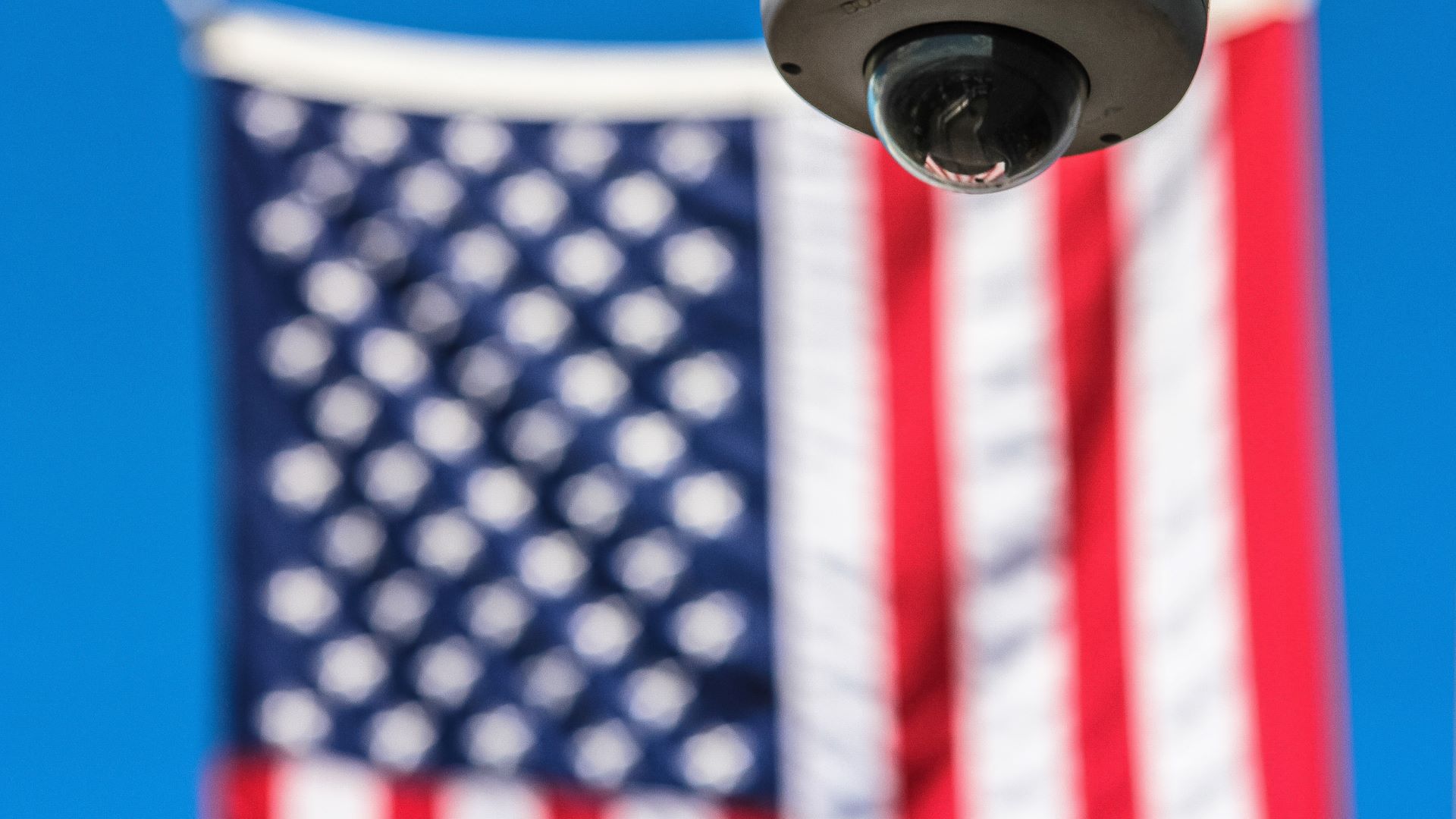
The U.S. Constitution and the right to privacy
May 17, 2022 | Post
The right to privacy and freedom of contract are not explicitly mentioned in the Constitution but are essential to our personal privacy and dignity

Why we’re being watched: Top 6 Learn Liberty resources for understanding the new CIA leaks
March 10, 2017 | Post
Here are the top six Learn Liberty resources for interpreting Wikileaks’ “Vault 7” documents on the CIA.
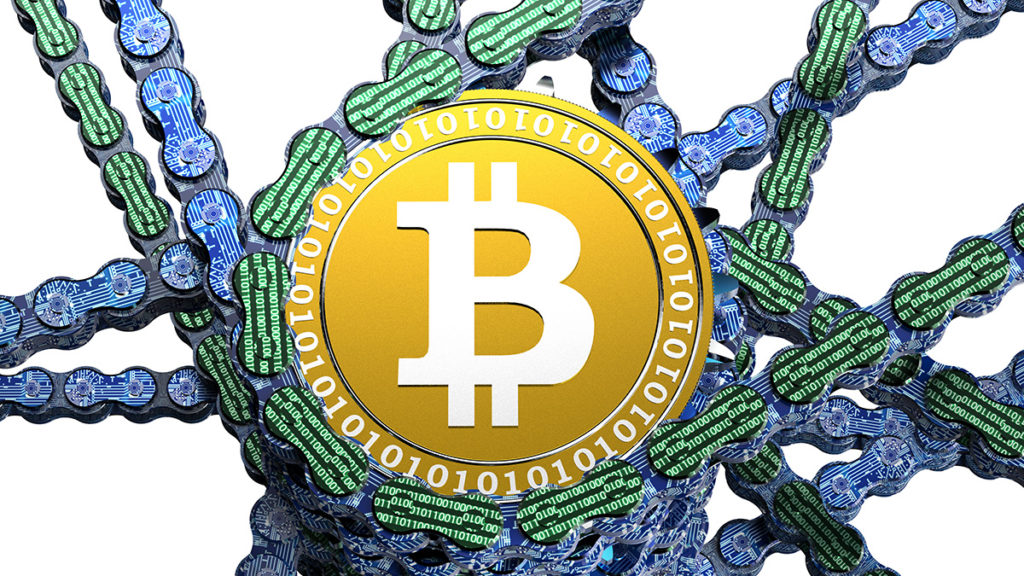
How processing payments with Bitcoin is different than cash, banks
February 16, 2017 | Post
Arguably, the most interesting feature of the Bitcoin system is the way in which Bitcoin payments are processed. To make it clear why payments must be processed at all and how Bitcoin processes payments differently, I’ll look at processing payments with cash and banks before turning to bitcoin. Think about a cash transaction. Cash transactions […]

What is a cryptocurrency?
February 16, 2017 | Post
Cryptocurrency is an item intended for use as a commonly accepted medium of exchange that exists in the digital world and relies on encryption to make transactions secure.

Why you should encrypt — and 3 tools to get started right now
January 26, 2017 | Post
Whether it’s protecting your banking information from potential hackers or making sure some nefarious government agent doesn’t intercept sensitive data, there are a ton of reasons to use basic encryption technologies for your communications.

President Trump's 6 biggest threats to liberty
January 20, 2017 | Post
Donald Trump is president. Here are his six biggest threats to liberty.

Encryption is a human rights issue: Your privacy and free speech depend on it
December 21, 2016 | Post
Encryption was at the heart of the ideas that led to the America’s founding.
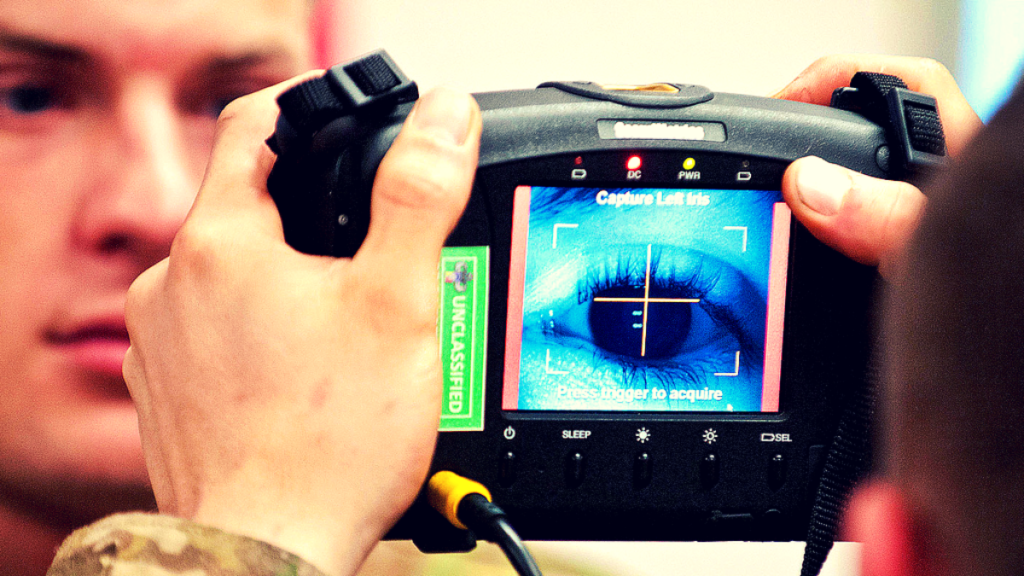
‘I am a Liberal’: How one man brought down Britain’s national ID system
December 10, 2016 | Post
In 1950, a British dry cleaner refused to show his papers and brought down the whole system of national identity registration.
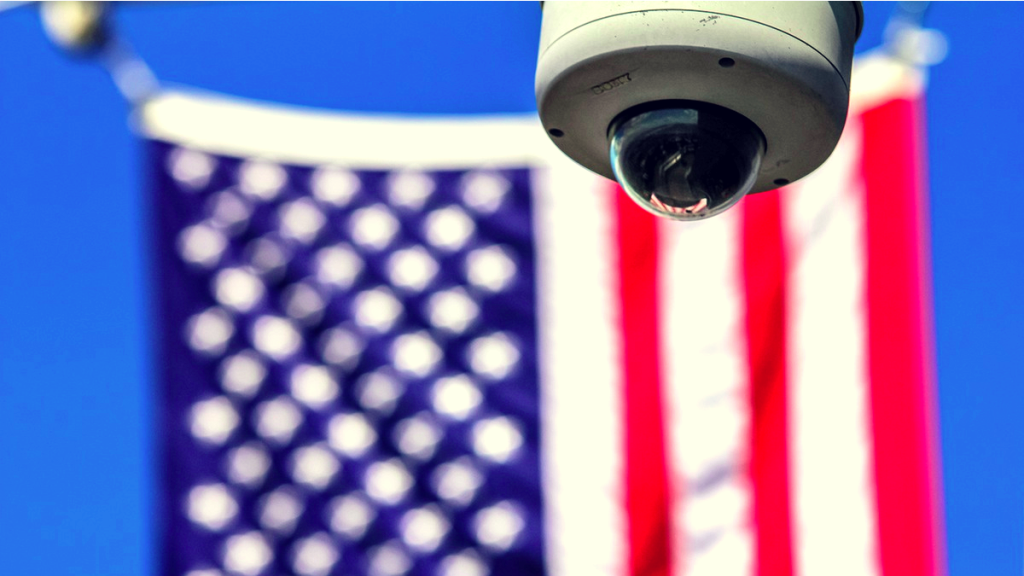
AT&T Requires Police to Hide Hemisphere Phone Spying
November 9, 2016 | Post
Every day, AT&T adds four billion call records to Hemisphere, making it one of the largest known reservoirs of communications metadata that the government uses to spy on us.

The Police Know Where You Live
October 7, 2016 | Post
An Associated Press investigation has revealed that, across the United States, police officers abuse their access to confidential databases to look up information on neighbors, love interests, politicians, and others who had no connection to a criminal investigation. The databases house intensely personal information—not just criminal histories, but car registration, home addresses, phone numbers, and […]

The Surprising, Terrifying Truth About the World Anti-Doping Association
August 4, 2016 | Post
The use of performance-enhancing drugs is thought to violate the notions of fairness, honorable victory, and excellence that are at the heart of sport. Even if doping was not disallowed by the rules, many argue that it would still undermine the very essence of sport. I am not going to challenge those arguments here, though […]

When Your Foreign Spying Program Become a Tool to Control Your Own People
July 22, 2016 | Post
The recent public fight between Apple and the FBI as well as the controversy over the Edward Snowden leaks make it seem as though government spying on American people is a recent phenomenon. In fact, government surveillance of U.S. citizens goes back over 100 years. Martin Luther King, for instance, was spied on extensively for […]
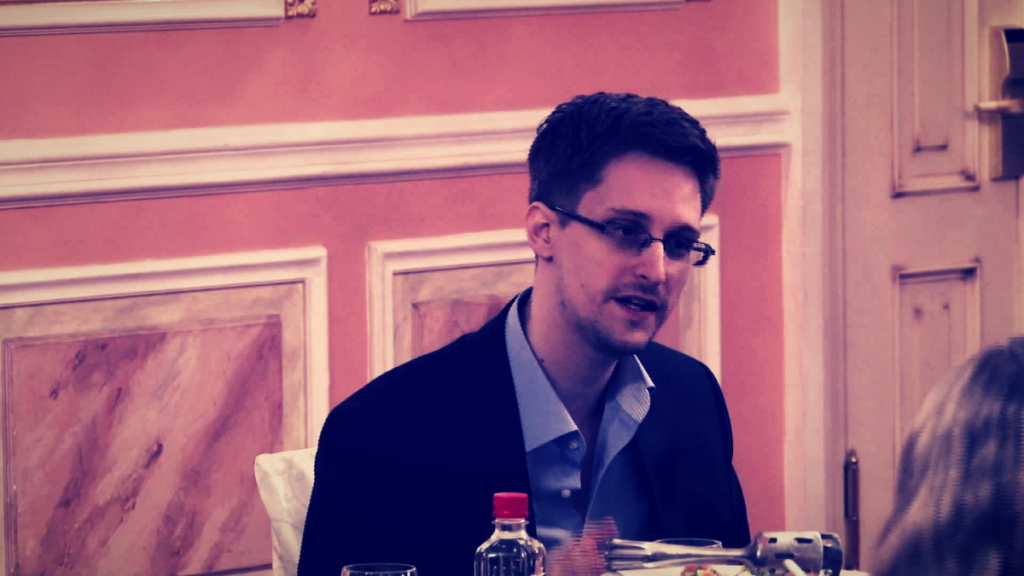
Three Years After the Snowden Leaks: What We’ve Learned
June 12, 2016 | Post
Three years ago, Edward Snowden began leaking National Security Agency documents that detailed widespread and systemic U.S. government spying on American people. Among the surveillance programs Snowden revealed were “PRISM,” which mass collects the e-mail, voice, text, and video chats from tech companies, “XKeyscore,” which allows government analysts to search through massive databases of emails, […]

These 1970s Court Cases Give Police Your Location Data With No Warrant
June 3, 2016 | Post
An appeals court ruled recently that police don’t need a warrant to access your cell phone’s location data. Several cases challenging law enforcement’s warrantless access to location data have come up in recent years as cell phones technology advanced. The recent ruling, despite dealing with new technology, is based on a precedent set by court […]
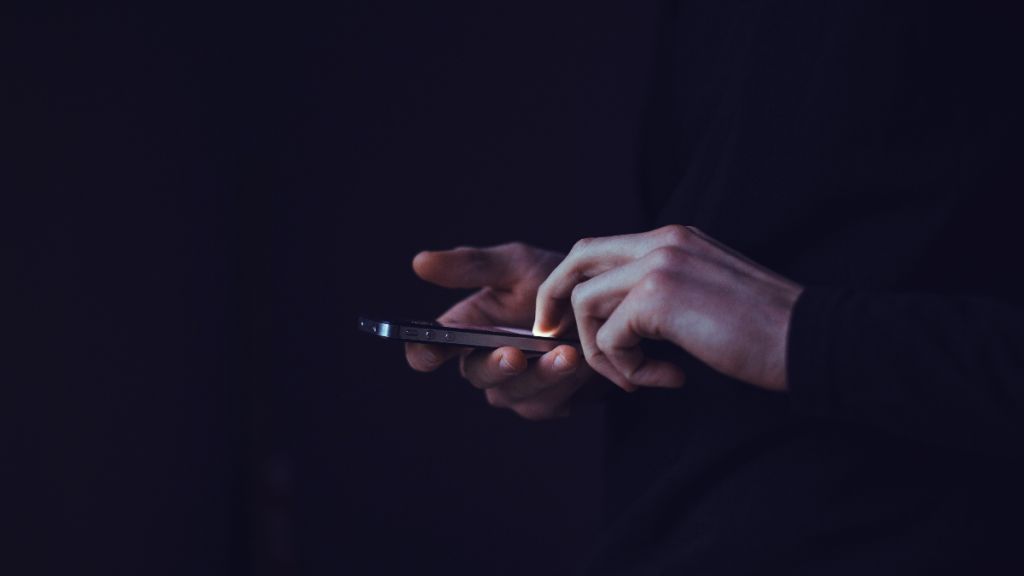
The FBI Still Wants to Read Your Email
June 3, 2016 | Post
Despite recent setbacks, the FBI is still trying to expand its power to access citizens’ communications. This time, it wants to read your emails. Not long ago, the FBI dropped its suit against Apple. The intelligence agency was demanding that Apple devise a backdoor into an iPhone—had the FBI won, it could have set a […]
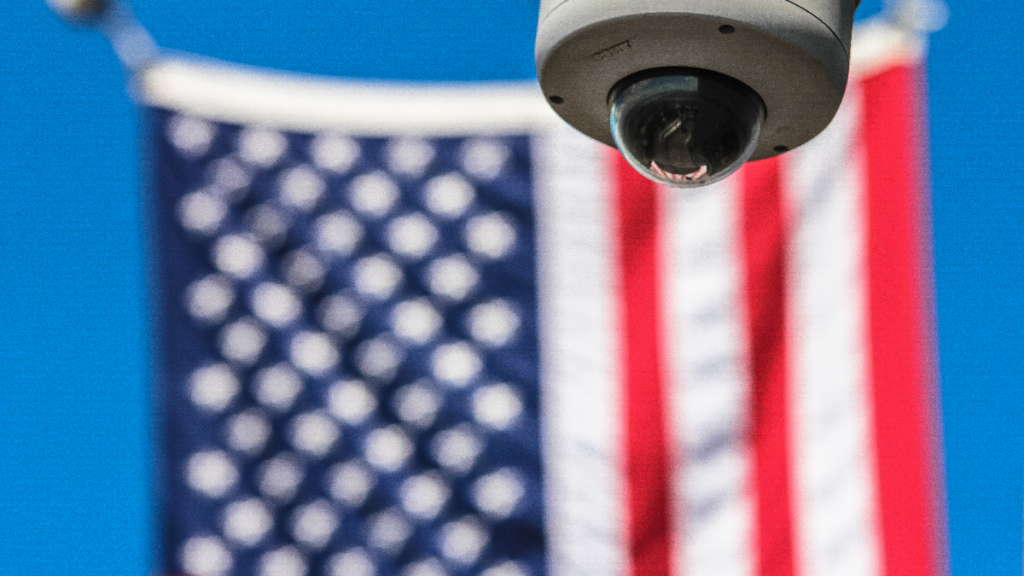
Debate Over Whether FISA Lets The Government Spy on Americans Set to Escalate
May 20, 2016 | Post
The tension between government surveillance, citizens’ privacy, and national security has been an ongoing issue for years. From concerns over the Patriot Act, Edward Snowden’s leaks and the controversy over NSA surveillance, and more recently the FBI’s case against Apple over encryption, evolving technology is constantly raising new questions about surveillance and privacy.

WhatsApp, Encryption, and Your Right to Privacy
May 19, 2016 | Post
The messaging service WhatsApp has run into problems with the Brazilian government for failing to turn over data relating to a criminal investigation. With over one billion users, the wildly popular app features a major benefit that many governments disapprove of: it encrypts all messages sent through the app. This is only the most recent […]
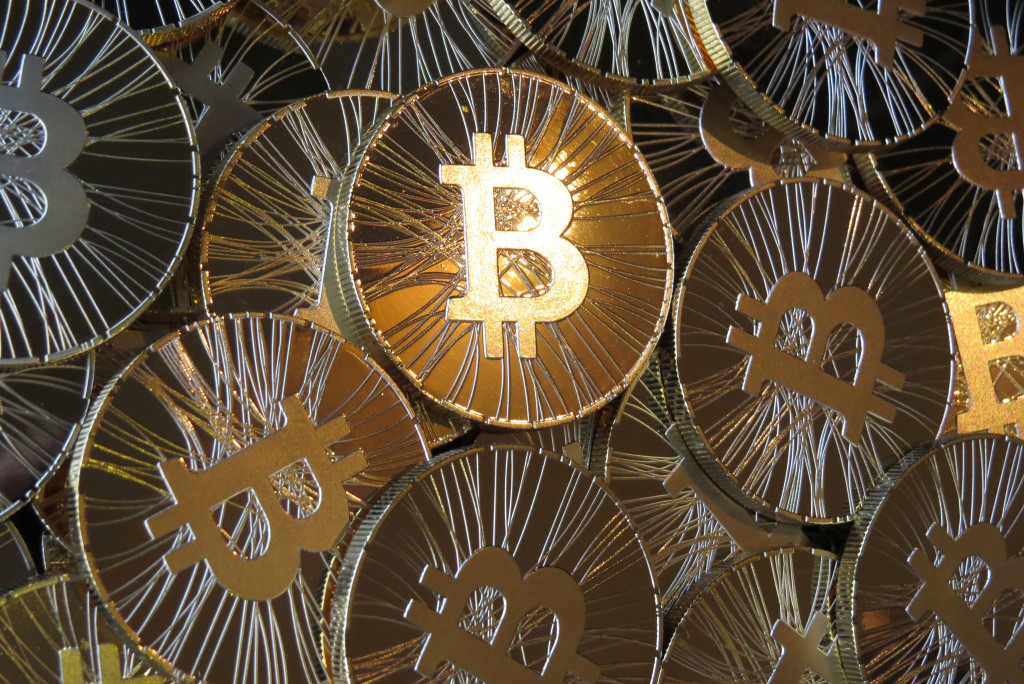
The Next “Panama Papers” Scandal May Involve You
April 20, 2016 | Post
It won’t be the bottom 99 percent complaining that the top 1 percent has too much financial privacy. It’ll be everyone — complaining that we don’t have enough of it. And financial “privacy” will come to mean financial security… and freedom itself.
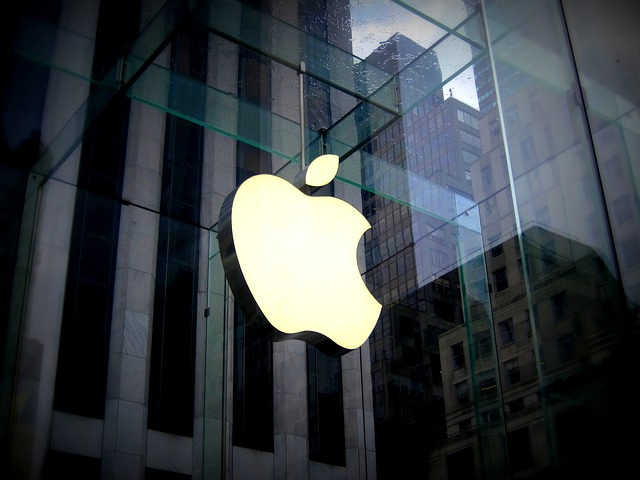
Apple, the FBI, and the San Bernardino Phone Controversy: Explained
March 16, 2016 | Post
You might have heard some news stories about how the FBI wants Apple’s help to get into the iPhone of one of the San Bernardino shooters. But what’s the big deal with this story, anyway? What’s going on The FBI has asked for Apple’s help to break into a locked iPhone which belongs to one […]

Discussion Question: Liberty and Security
February 5, 2016 | Post
In the summer of 2013, Edward Snowden revealed to the newspaper The Guardian that the NSA was monitoring the metadata and content of every American citizen’s electronic communications (metadata is the details of the message – to whom, when, where, etc.) in order to protect America from terrorist threats. Is the NSA going too far? […]

